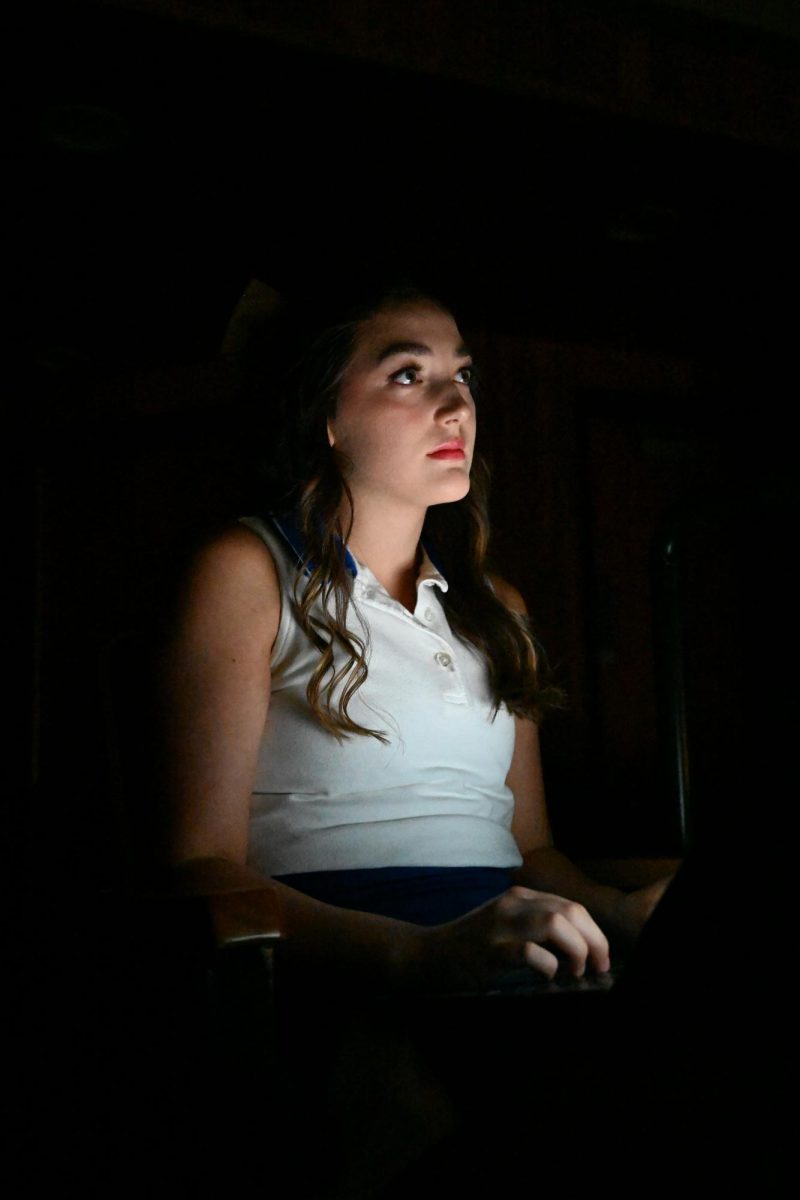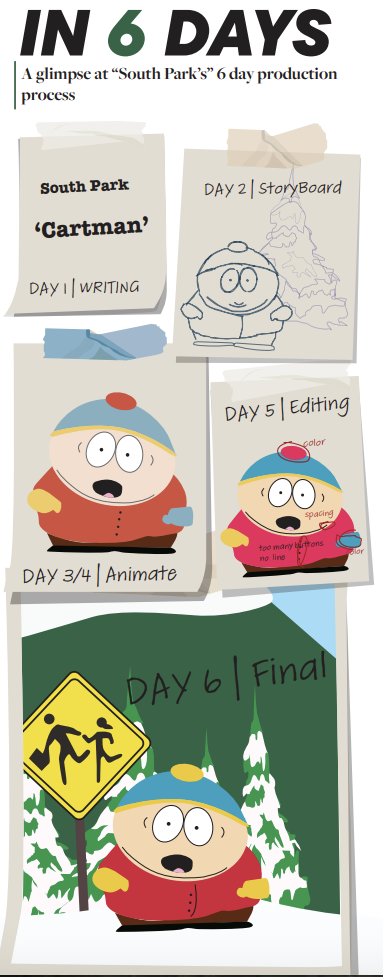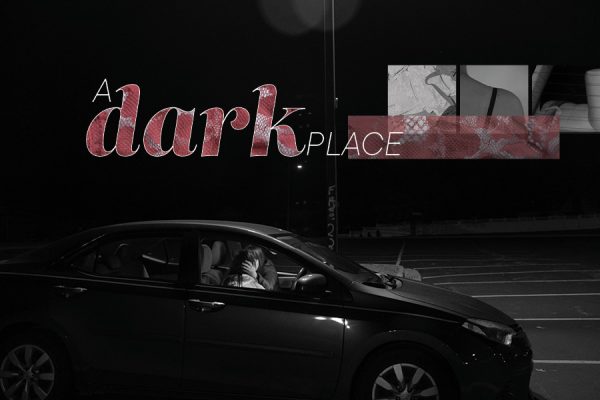Employment Emergency
Students lose jobs as COVID-19 temporarily shuts down businesses
April 9, 2020
On March 15, government officials in the Kansas City Metro area agreed upon a 15-day closure of all restaurants and movie theaters in Johnson, Jackson and Wyandotte Counties. Kansas City then went under a 30-day stay-at-home order March 24. This means only essential businesses such as medical facilities and grocery stores can stay open, and only employees at those businesses are allowed to work. With the temporary closure of non-essential businesses, many Northwest students have lost their jobs.
“I worked at B & B Theatres, so obviously we shut down,” junior Tayen Huyett said. “I was there the night we got the message that we would be closing, so we had to do a lot of extra work that night to close everything up.”
B & B Theatres has closed indefinitely at all of its locations across the Midwest. Huyett’s location has guaranteed that all of the current employees will get their jobs back upon reopening.
Many restaurants have been operating delivery, carry-out and drive-through services, but are not allowed in-person dining. José Pepper’s, where junior Paige Morgan works, is one of these places.
“They are still running carry-out but only eight people are allowed in the building at one time,” Morgan said. “All the people working there right now are managers or people who have worked there for many years.”
While Morgan is not currently working at José Pepper’s, she has some certainty that she will return when the stay-at-home order is lifted.
“According to my manager, most everyone is going to have their job when they reopen but there are no guarantees,” Morgan said. “They have yet to send out a timeline for reopening.”
The highest recorded national unemployment rate was 24.9 percent in 1933, during the Great Depression. The unemployment rate in February was 3.8 percent, one of the lowest numbers reported in the last 50 years. The New York Times estimates that this number is now at 13 percent, and rising 0.5 percent each day. The Federal Reserve Bank of St. Louis projects that the coronavirus outbreak could push the unemployment rate past 32 percent, a record high, costing the economy over 47 million jobs. This estimate comes from their previous research showing that there are over 66.8 million workers in jobs with a high layoff risk, in areas such as sales, production, food preparation and services. These are the areas most students work in, meaning this unemployment crisis would disproportionately affect high schoolers and college students.






























